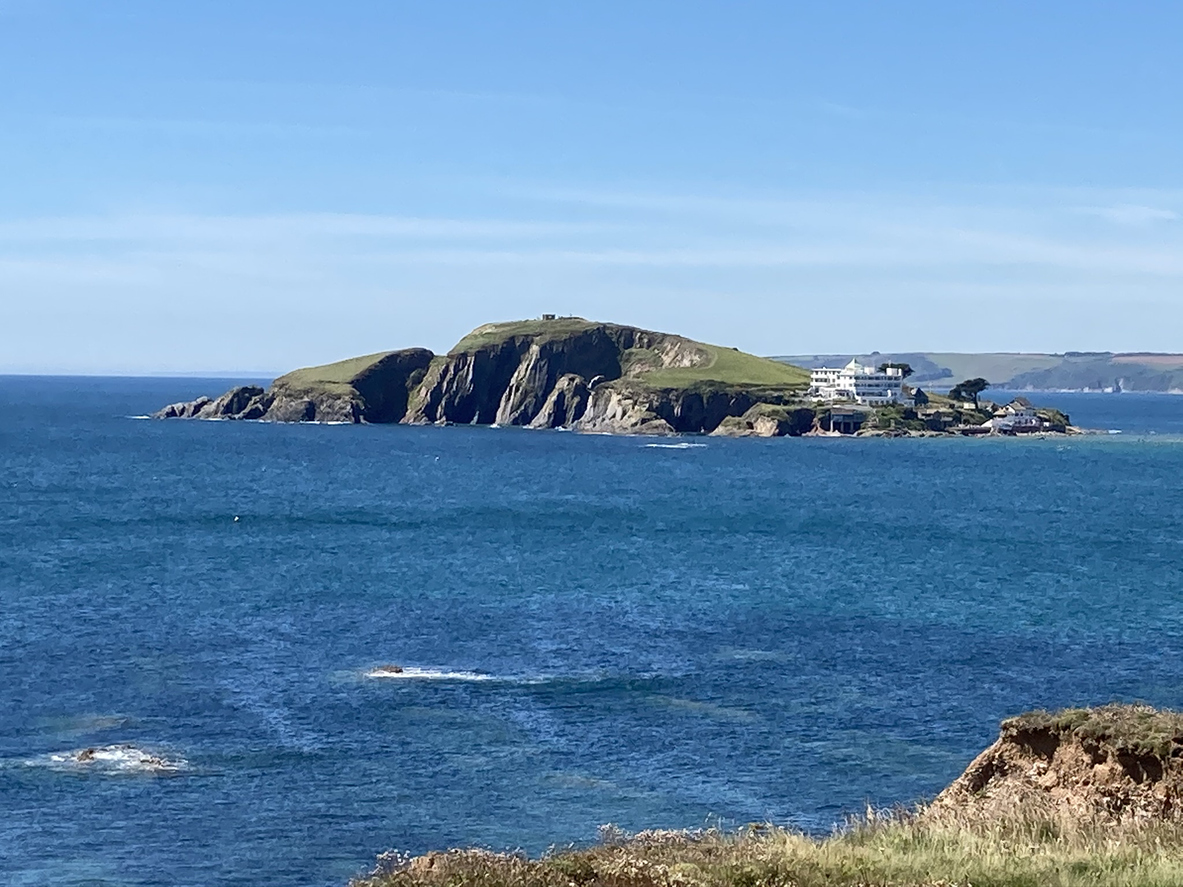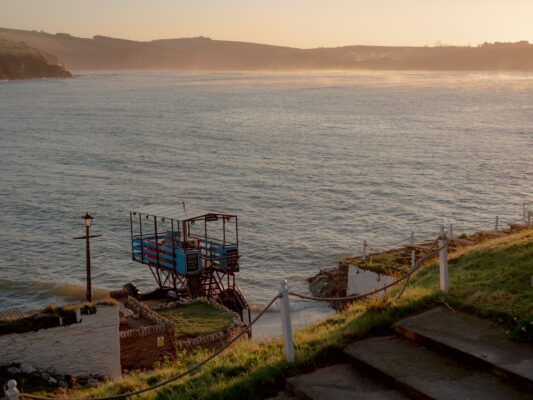Where to go Stargazing in Devon
Devon is a true sanctuary for stargazers, offering some of the darkest, clearest skies in the UK. Far from city lights and urban glare, its unspoilt landscapes provide the perfect canvas for breathtaking views of the night sky, from the sparkling constellations to the ethereal glow of the Milky Way stretching overhead. Whether you’re a passionate astronomer or simply love the wonder of gazing up into an infinite night, stargazing in Devon promises cosmic moments you’ll never forget.
Why Devon is a Stargazer’s Paradise
Thanks to the abundance of dark skies: areas free from the artificial glow of urban light pollution, Devon’s nights are among the most spectacular in the UK. Here, with the skies darkened and shielded from artificial light, the stars can shine in their full brilliance, revealing constellations, shooting stars, and even the glow of the Milky Way in perfect clarity.
Much of Devon’s magic comes from its protected landscapes, including Exmoor National Park, designated Europe’s first International Dark Sky Reserve, and Dartmoor National Park, a tapestry of rolling moorland with minimal development. These areas safeguard both the wildlife and the night sky, preserving pristine conditions for stargazing.
Beyond the national parks, Devon’s generally low population density and rural character mean that even smaller coastal or countryside spots can offer dazzling night views. Whether high on a moorland hill, standing on a rugged headland, or relaxing by the sea, Devon’s peaceful, wide-open spaces provide an unparalleled window to the cosmos.

